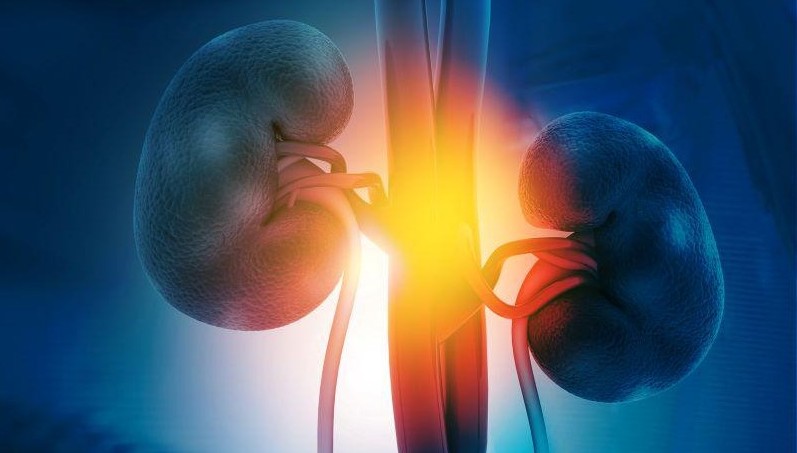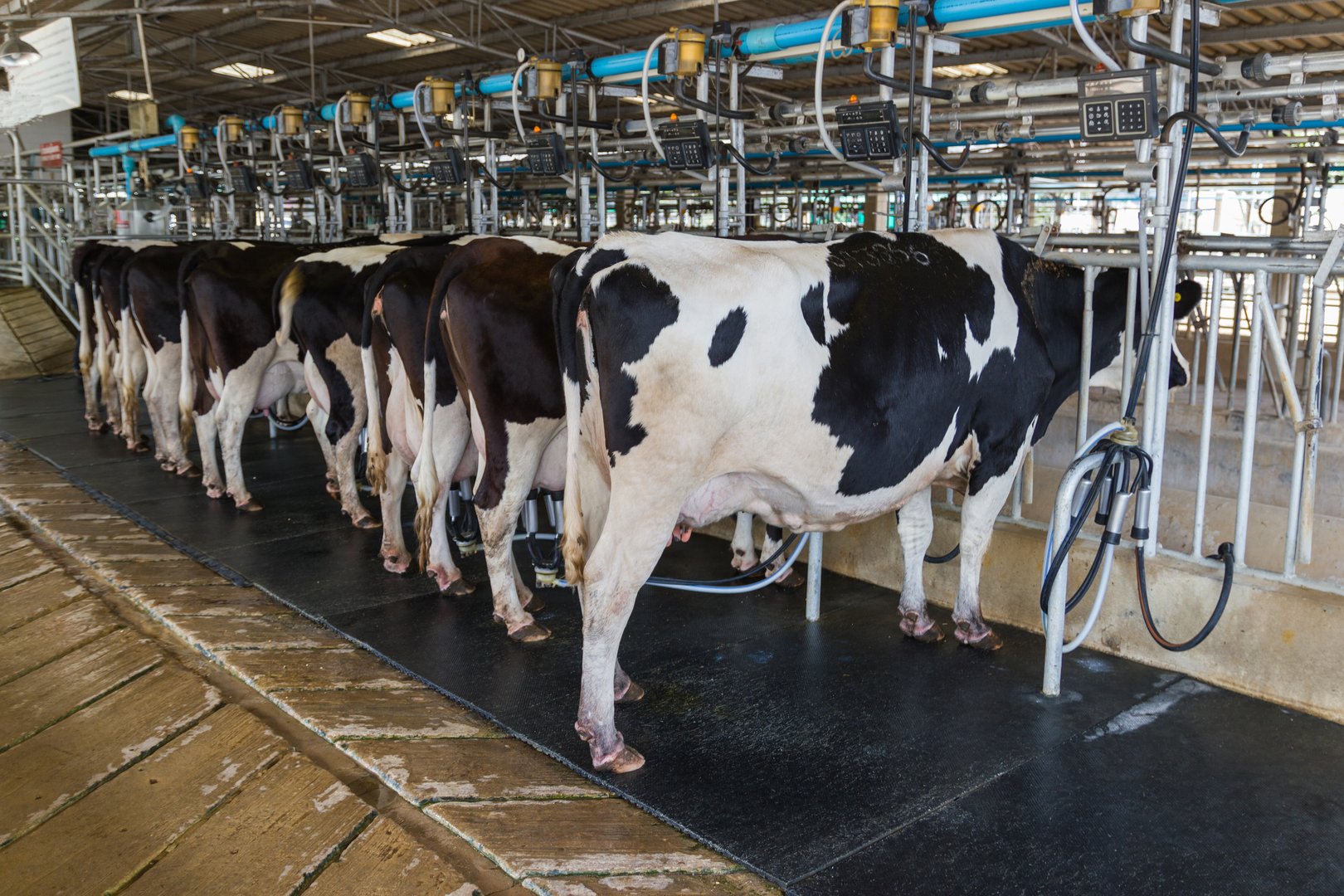WEDNESDAY, Jan. 18, 2023 (HealthDay News) — Fast-food consumption is associated with liver steatosis, according to a research letter published online Jan. 10 in Clinical Gastroenterology and Hepatology.
Ani Kardashian, M.D., from the University of Southern California in Los Angeles, and colleagues analyzed data from the National Health and Nutrition Examination Survey 2017 to 2018 to assess the quantitative impacts of fast-food consumption on liver steatosis. The primary outcome was steatosis, which was measured using controlled attenuation parameter (CAP) in decibels/meter (dB/m).
Overall, 52 percent of the 3,954 adults included in the study consumed any fast food and 29 percent consumed ≥20 percent of daily calories from fast food. The researchers found that those consuming ≥20 percent of daily calories from fast food were more likely to be younger, male, obese, and consumers of sugar-sweetened beverages, while they were less likely to drink coffee. After multivariable adjustment, fast-food intake ≥20 percent was significantly associated with greater steatosis, both as a continuous measure (4.6 dB/m higher CAP score) and with respect to the CAP ≥263 dB/m cutoff (odds ratio, 1.45). In a sensitivity analysis excluding heavy alcohol users, there was no meaningful change in the associations of fast-food intake with steatosis. In multivariable models, significant interactions were identified between fast-food intake ≥20 percent with obesity and diabetes.
“Our findings are particularly alarming as fast-food consumption has gone up in the last 50 years, regardless of socioeconomic status,” Kardashian said in a statement.
Abstract/Full Text (subscription or payment may be required)
Copyright © 2023 HealthDay. All rights reserved.















